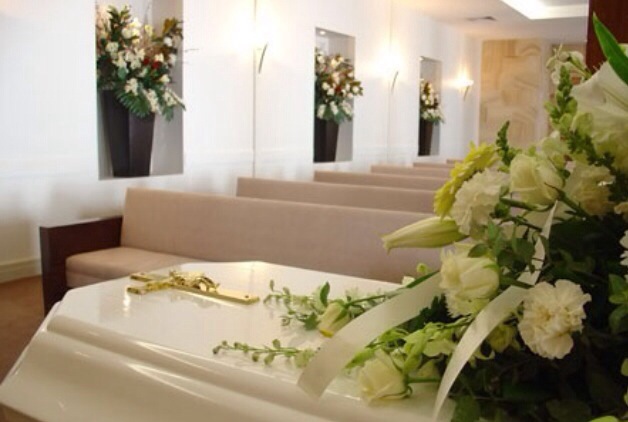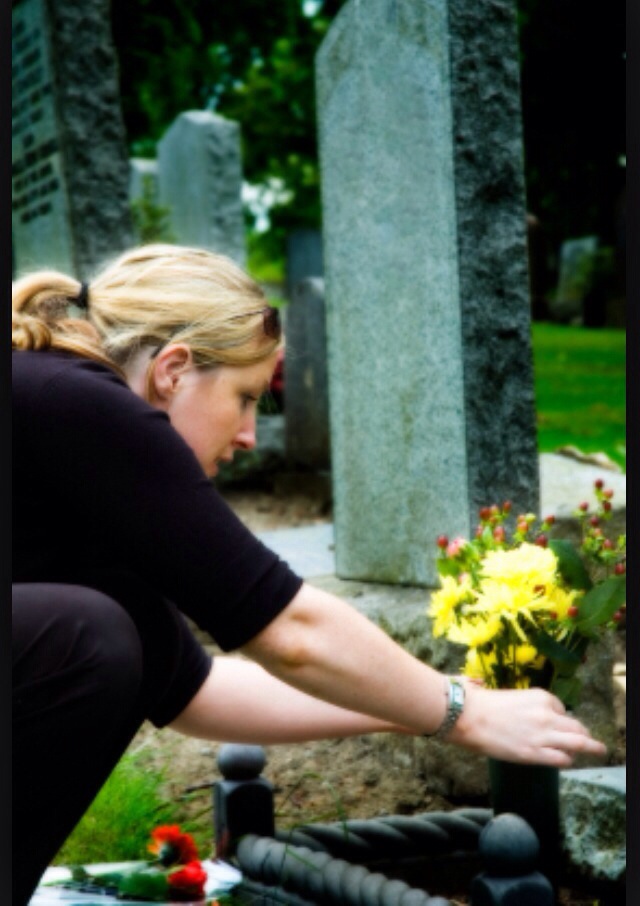Planning For A Funeral or Memorial Tips For Families Struggling with Loss of a Loved One the Role of a Funeral Clergy
If you’ve ever settled a loved ones affairs after death, you know how difficult it can be to plan a funeral or memorial service. Family and friends want to honor the person who has died, but they may not agree on what is best. The grief and stress of loss can make decisions even more challenging. Taking time now to document your wishes for a funeral or other memorial service can ensure you get the kind of services you want as well as provide tremendous relief for your loved ones.
There are many types of memorial services, as a Minister I’ve found that while some people may want a memorial service, there are others who don’t. Following is a list of various types of ceremonies:
Viewing- This is an opportunity for family and friends to view or sit with your body. A viewing is commonly held at a funeral home or mortuary, but you are free to choose the location of either your home, a community hall or church.
Wake- Traditionally, a wake is a gathering to celebrate and remember the life of the person who has died. Often characterized by both sadness and gaiety, this gathering can be an important part of the grieving process, allowing family and friends the opportunity to come together and comfort each other. A wake is often held at a family home or a mortuary that offers wake services.
Funeral- A funeral is a traditional memorial ceremony, usually held in a funeral home or a church. The body is often present, in either an open coffin or closed casket. Beyond that, there are no absolutes or requirements for planning a funeral. I always offer options to grieving families and try to ensure that all aspects, however varied, can be met spiritually and emotionally for the family of the deceased. Whether the deceased was religious, the funeral often includes a brief mass, blessing, or prayer service. Veterans may choose a military funeral, and members of other organizations (such as fraternal or 12 step groups, Masons, Scottish Rite or other affiliations) can choose a service that reflects the values of the organization and contributions the deceased made to the organization.
Memorial Ceremony- a memorial ceremony is a less formal ceremony held to remember the life of someone who has died. It often takes place some time after the burial or cremation, so the body is not usually present. Memorial ceremonies may be held anytime. For example, a mortuary, religious building, home, outdoors, or a favorite restaurant. Memorial ceremonies are often the choice of those who wish to have an economic, simple after-death commemoration. While funeral directors, grief counselors, or clergy members (like myself) may be involved in memorial ceremonies, the truth is that most survivors take the greatest comfort from a ceremony that reflects the wishes and the personality of the departed.
I do hope this helps explain the options when dealing with the death of a loved one, and the many options you have when planning. As always, I welcome your questions and comments by using the contact us tab on our web page.
www.thepawningplanners.com We are changing the wedding and events industry “one family at a time” by offering low cost and no cost services by taking trades we refurbish and sell through my eBay store, Texas Twins Treasures to cover the cost of the event.
Reverend Wendy Wortham
Texas Twins Events



